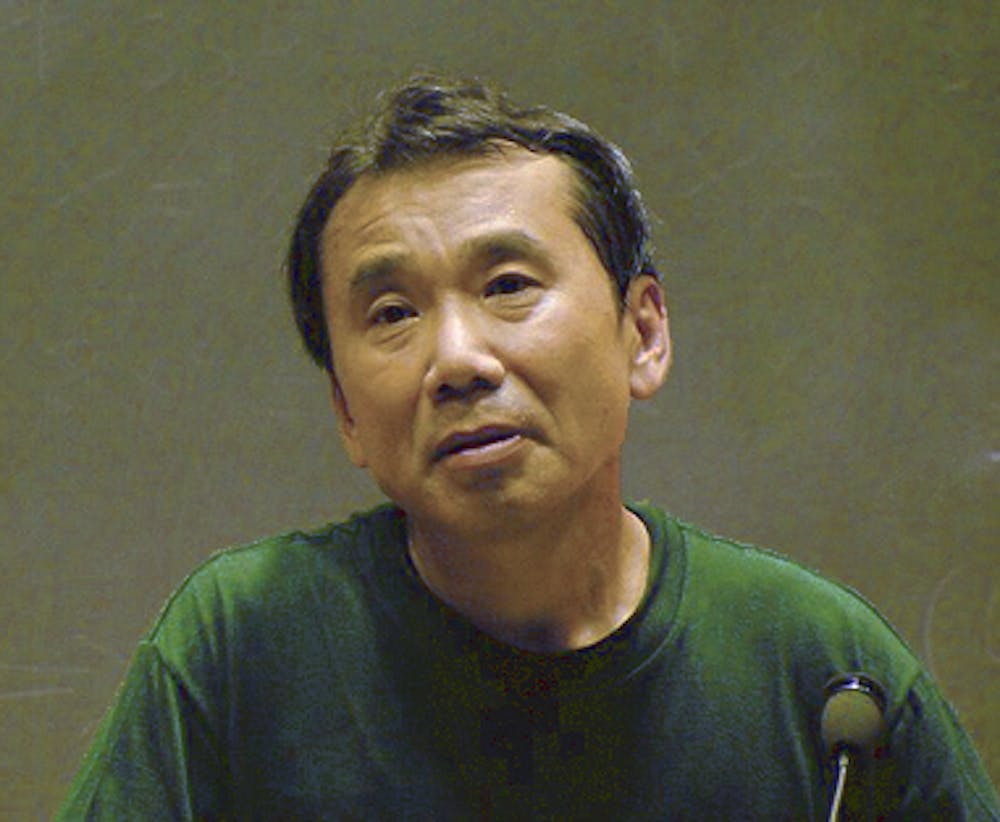“At night, while everyone else is sleeping, I’m awake.”
This is the tale of the performance, Sleep. On October 27th, the Annenberg Center presented Sleep's world premiere. Inspired by best–selling writer Haruki Murakami’s short–story of the same title, the performance is the story of an unlikely heroine, one who has not slept for seventeen days.
The show starts on the seventeenth day. Center stage, the woman paces around her room that is walled in by pitch black curtains. Trembling, she walks forward, turns the corner, collapses on the chair, and gets back up. Then she walks forward, turns the corner, collapses on the chair, and gets back up. Again and again and again. All the while, she repeats, “I can’t sleep. I can’t sleep. I can’t sleep.”
The woman then catapults the audience to the night this all started. She had a dream, a terrifying dream. In this dream, a shadow looms over her pouring water over her. This simple act leads to one conclusion: a part of her has died.
So she continues each day, awake but never really awake. Each morning, her husband wakes up, eats the breakfast she has prepared, and drives their son to school. As for her, she drives to the market, goes grocery shopping, makes lunch, does the laundry, makes dinner, and then goes to bed. It’s the same routine each day, a routine separated only by sleep. To the woman, life is consisted of two rules: “You push this button and pull that lever.” Before long, it is clear that sleep is only a reminder that there is no difference between today and tomorrow.
But perhaps, without sleep, that cycle will break. And so it does. Her patterns of behavior begin to change. She drinks brandy, something which she has long stopped since becoming a housewife and mother. She eats chocolate, something her dentist husband absolutely detests. She goes swimming, each time trying to cleanse herself out this existence.
She reads Anna Karenina, a story she once loved but has since never felt as if she had the time to read. The story mirrors her own life, or at least her ideal life: Anna is married and has a son, who she stays with. But once she meets another man, she finds the courage to break free of the oppressive force of social norm. Though the ending of Sleep is left open–ended, at least the woman has found what had died that fateful night: her own oppression.
Sleep is a beautifully performed commentary on the banality of life and its eternal repetition. In each scene, performers stand behind, in front of, and across from the main heroine, mirroring her psychological state. As her inner conflict comes into full view, her mirror–self thrashes on the floor. As she realizes the cause of the death inside her, her mirror–self flails and reaches for something that is never quite reachable. Once again, the entire show is a reflection of the genius of Murakami’s surrealism and magical realism.

